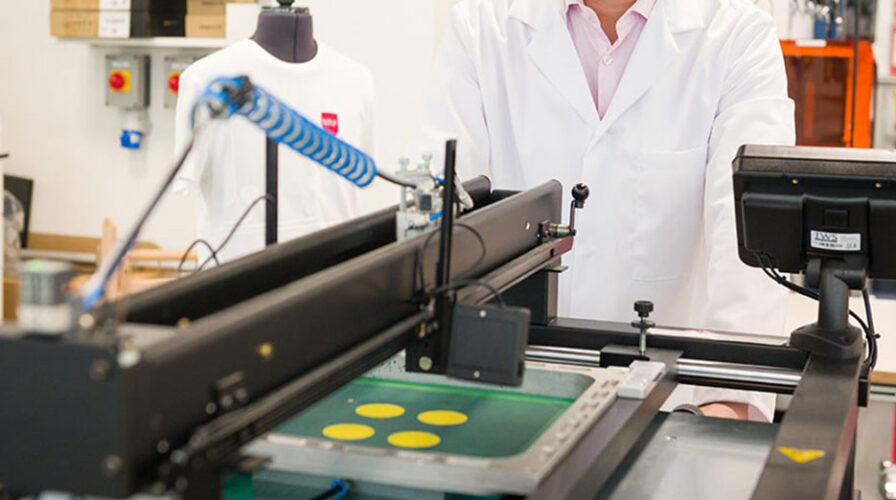Wearable Sensor Research Published!

We are excited to share that MTIF researchers, Yang Wei and Amjad Ali, have successfully published their latest research project, titled “Enhancing the response of a wearable sensor for improved respiratory rate (RR) monitoring”
MTIF researchers Dr Amjad Ali and Dr Yang Wei have made a significant breakthrough in respiratory monitoring technology, developing an innovative wearable sensor that offers unprecedented accuracy in measuring respiratory rate (RR).
Existing methods for RR monitoring, such as capnography and plethysmography, are highly accurate but expensive, cumbersome, and require skilled clinicians to operate. On the other hand, lightweight and inexpensive alternatives have often struggled with accuracy due to their susceptibility to motion and environmental noise. Addressing these challenges, the MTIF team has created a solution that combines precision with convenience, marking an exciting advancement in wearable medical devices.
The newly developed sensor is a flexible, textile-based device designed to be embedded seamlessly into patient gowns. By adopting a novel design approach, the researchers optimised the sensor’s electrode ratio and dielectric material thickness to achieve a remarkable 99.39% accuracy in detecting respiratory rates – comparable to the gold-standard capnograph currently used in hospitals.
Key highlights of the study include:
- High Sensitivity and Accuracy: The wearable sensor showed a 99.39% correlation with capnography in a series of 35 tests, successfully detecting 495 breaths compared to the capnograph’s 498.
- Innovation in Design: Enhancing the sensor’s dielectric layer and electrode configuration significantly improved its signal-to-noise ratio and frequency change sensitivity.
- Lightweight and User-Friendly: Unlike existing cumbersome RR monitoring devices, the textile-based sensor is lightweight, cost-effective, and easy to integrate into clinical environments.
Dr Wei commented:
“Our goal was to develop a respiratory monitoring solution that combines clinical-grade accuracy with the flexibility and accessibility required in modern healthcare settings. This sensor has the potential to revolutionise how respiratory rates are measured, particularly in resource-limited environments.”
This breakthrough underscores MTIF’s commitment to advancing healthcare through innovative research. The project was carried out in collaboration with the School of Electronics and Computer Science at the University of Southampton, University Hospital Southampton NHS Foundation Trust, and Zelemiq Ltd.